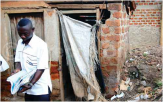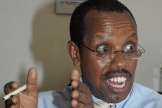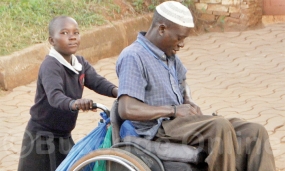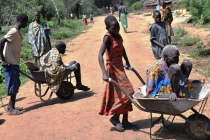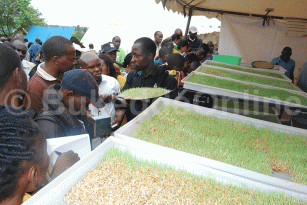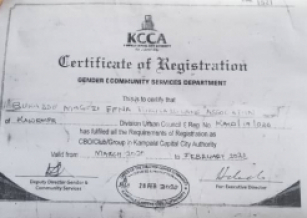I would like to grow mushrooms but the problem is that I do not know a thing about it.
Would you kindly advise on what I need to know about them? Samuel Sekasi
Dear Samuel
Mushrooms grow in almost every part of our country provided there is shelter, reliable water supply and stable temperature in the range of 15 to 30 degrees.
However, there are different steps you should follow if you are to start a mushroom farm.
Step 1:
You need some land to plant your mushroom crop. For example an eight of an acre is enough to set up a large farm that can produce as much as two tonnes of mushrooms after every two months (using shelf-frame method).
Step 2:
Build a simple house once you have secured a good piece of land, this can be a simple mud-house and a few wooden shelves to utilise the available vertical space.
The shelves can be done by a local carpenter. It is possible to use the locally available materials to save construction costs. However, the house should be well aerated to allow proper circulation of air.
Step 3:
Look for the substrate. This is basically the substance on which mushrooms grow. It can be forest soil, wheat straw, bean straw, millet straw or even rice straw. Make sure this is sterilised as the slightest bacterial infection can ruin your entire farm. You will need about 20 bales of wheat straw and a bale costs Shs7,000.
Step 4:
Invest in nylon bags, you will need small bags to prepare the seedlings and also big bags for the final planting. Small bags such as the ones shopkeepers use to package two kilogrammes of sugar normally cost about Shs5,000 for 200 pieces. Bigger bags can cost as much as Shs400 per piece and you will require about 1,000 of them in an eighth of an acre farm.
Step 5:
Invest in good hygiene, as this is important in a mushroom farm. You will therefore need to buy things such as hand gloves, methylated spirit and cotton wool. A box full of gloves costs less than Shs35,000, same for methylated spirit and cotton wool. Other additional supplies that may be needed include drinking straws (Shs35,000)and a knapsack sprayer (Shs40,000).
Step 6:
Finally get the seeds, you will require some mushroom seedlings (also known as spawns). The most popular spawns are called button spawns. You can buy these from trusted suppliers. A kilogramme of button spawns costs Shs35,000. Five kilogrammes are enough to get you started. Other varieties of mushrooms you can plant include shiitake and oyster.
Answered by Dr Samuel Nsubuga, a mushroom agronomist.
